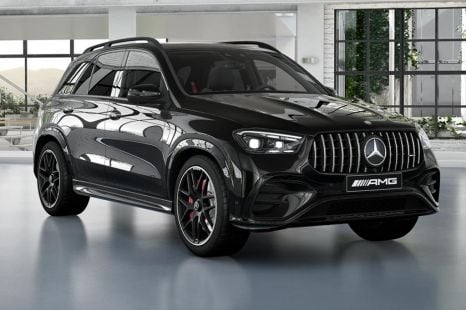

Damion Smy
2026 Mercedes-Benz GLE53 Edition R announced for Australia
3 Hours Ago
Kia's littlest crossover remains a sharp value pick in a hot segment. But, expensive servicing and spec gaps are marks against it.
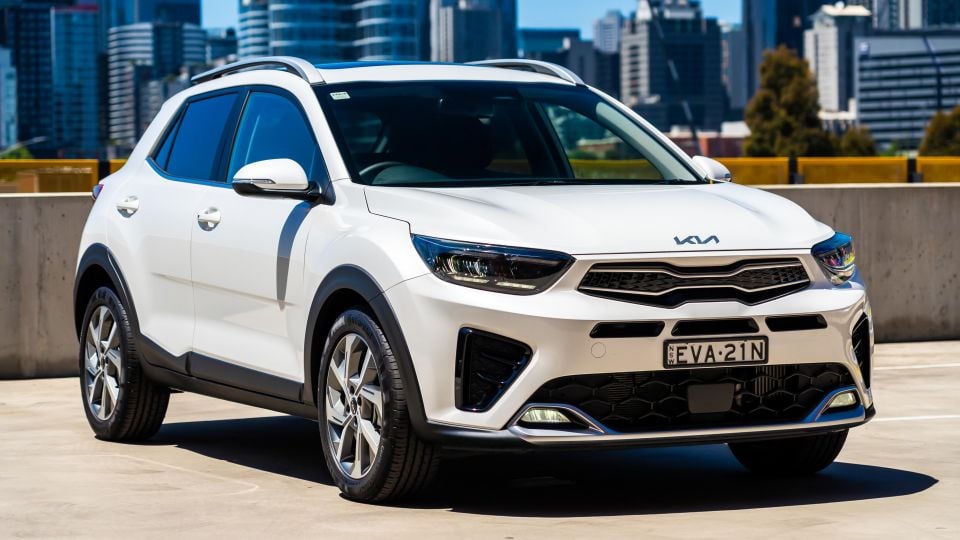


Quickly see how this car stacks up against its competition. Select any benchmark to see more details.
Where expert car reviews meet expert car buying – CarExpert gives you trusted advice, personalised service and real savings on your next new car.
With the related Rio going into retirement, the Kia Stonic is now effectively competing in two segments.
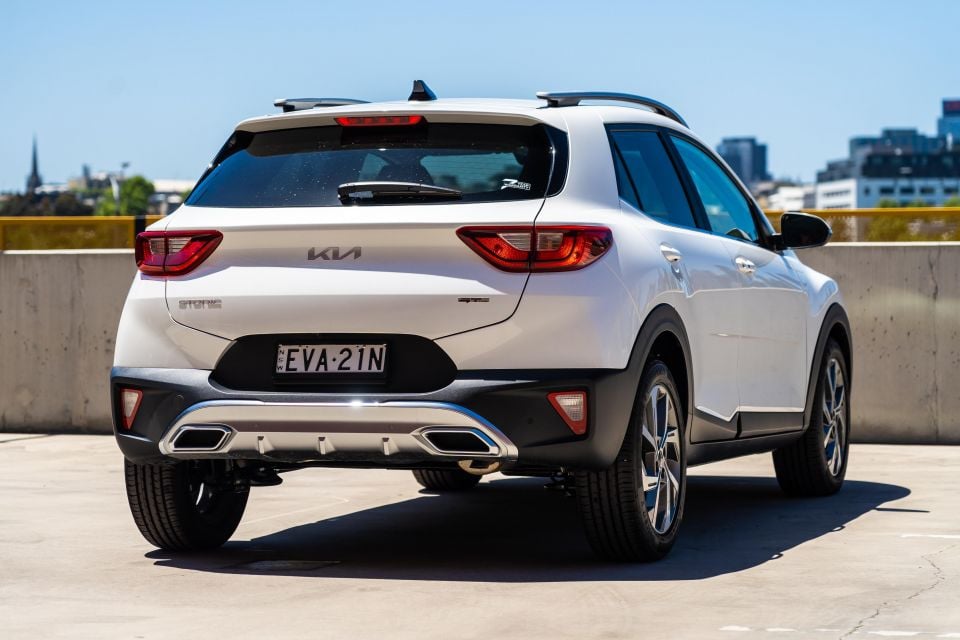
The Korean brand’s entry-level crossover is the new step up from the pint-sized Picanto, and can be viewed as a stand-in for the Rio hatchback in the light car segment as well as a natural rival to the the top-selling Mazda CX-3.
Despite supply challenges, the Stonic has managed a solid 13.4 per cent share of the light SUV market in Australia, second only to the CX-3. It leads the likes of the Toyota Yaris Cross and Hyundai Venue in the sales race in 2023 – at least to the end of November.
While most rivals continue to push upmarket with their pricing, Kia has done a good job keeping the Stonic as a sharply-priced value proposition. Even the flagship 2024 Kia Stonic GT-Line tested here is just over $32,000 drive-away, where equivalent models in rival line-ups approach $40,000.
Not much has changed for MY24, bar some revised badging in line with Kia’s new models, as well as a refreshed selection of exterior paint colours.
Australia unfortunately hasn’t picked up features now available in overseas markets like adaptive cruise control, blind-spot monitoring, and rear cross-traffic alert, but the Stonic’s value equation remains a strong point in 2023-24.
Kia has also confirmed it won’t offer an electrified Stonic in the short- to mid-term, despite a 48V mild-hybrid version being offered overseas. Read more on that here.
Should this city-sized crossover be on your compact SUV shopping list still?
The MY24 Stonic GT-Line starts from $30,790 before on-road costs – or $32,490 D/A according to Kia’s website.
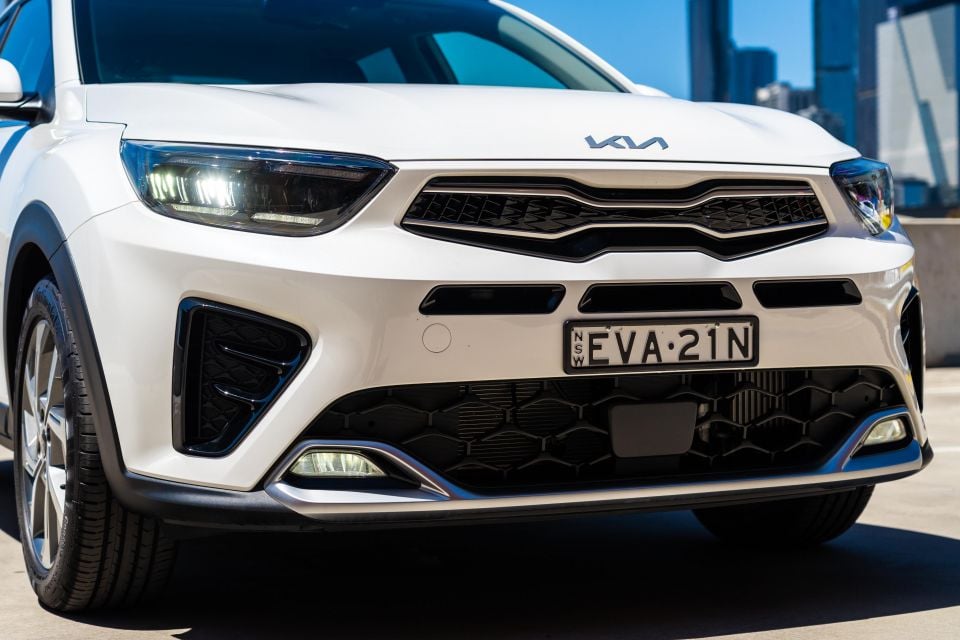
2024 Kia Stonic pricing:
Prices exclude on-road costs
Note: Kia Australia recently announced a stop-sale on S and Sport versions of the Stonic due to short supply and growing back orders – read more here.
To see how the Stonic shapes up against its rivals, use our comparison tool.
Buy your new car without the stress. It's fast, simple and completely free.

Great service from Travis and team, second time I have used this business would not hesitate to recommend them to anyone
Craig C.
Purchased a Ford Ranger in Sunshine Coast, QLD
CarExpert helped Craig save $7,224 on his Ford Ranger, now let us save you on your next new car.
Get your BEST priceNot much has changed since the Stonic launched.
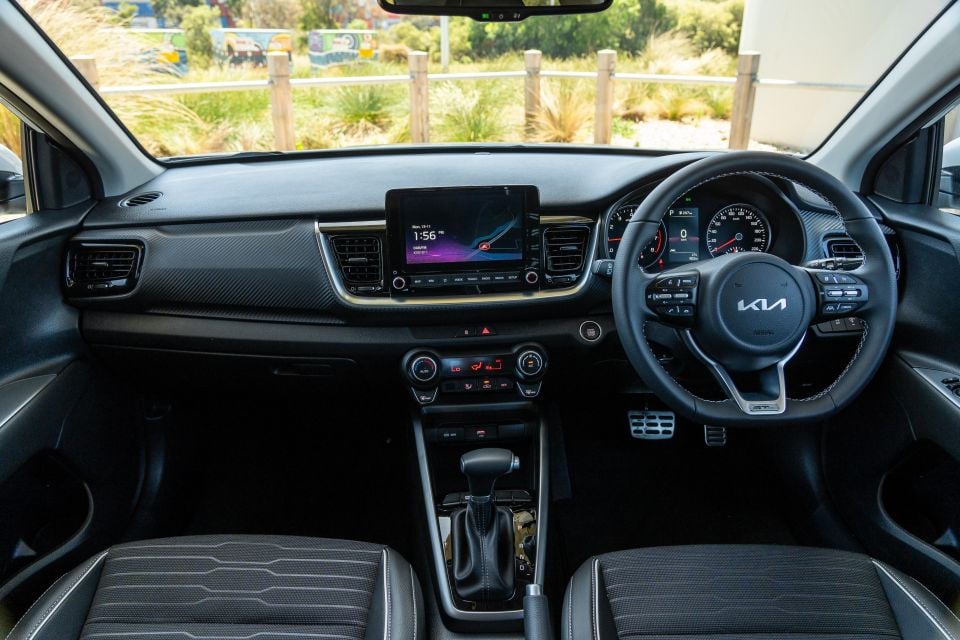
You’d be hard pressed to find any differences between the Stonic and the now-defunct Rio hatch on which it’s based.
That means you get an uncluttered dashboard with clean lines and simple switchgear, as well as an 8.0-inch high-resolution running the brand’s latest infotainment and navigation software.
Kia and Hyundai’s native interface is clean and attractive with logical menus and snappy response times, and the Stonic’s standard navigation, DAB radio, and wired Apple CarPlay and Android Auto means it’s well featured, too.
Unlike an increasing amount of rivals, however, there’s no connected services. Kia has slowly been rolling out its Kia Connect suite throughout the line-up, so we could perhaps see this added to the Stonic’s successor.
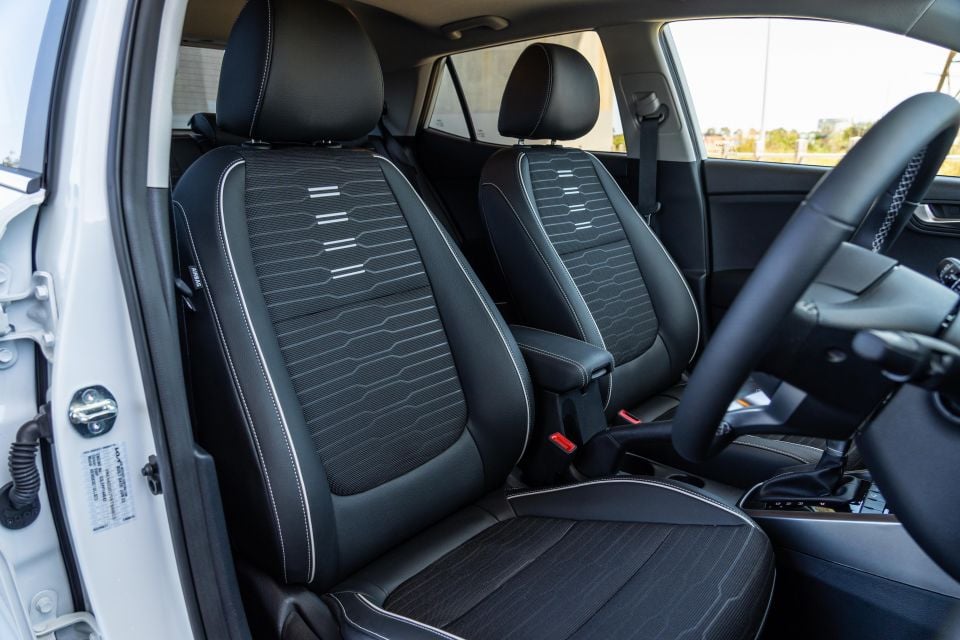
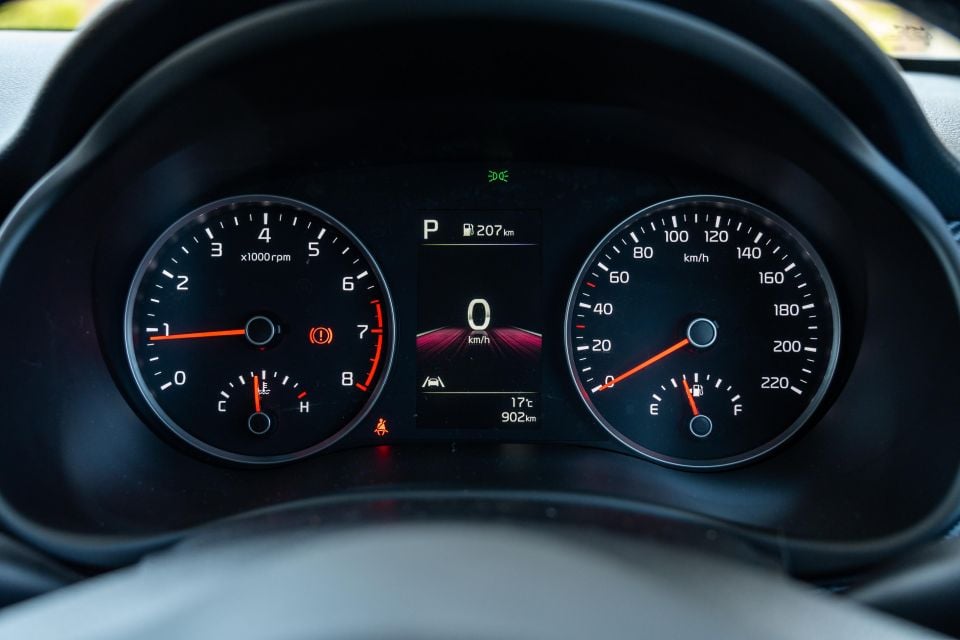
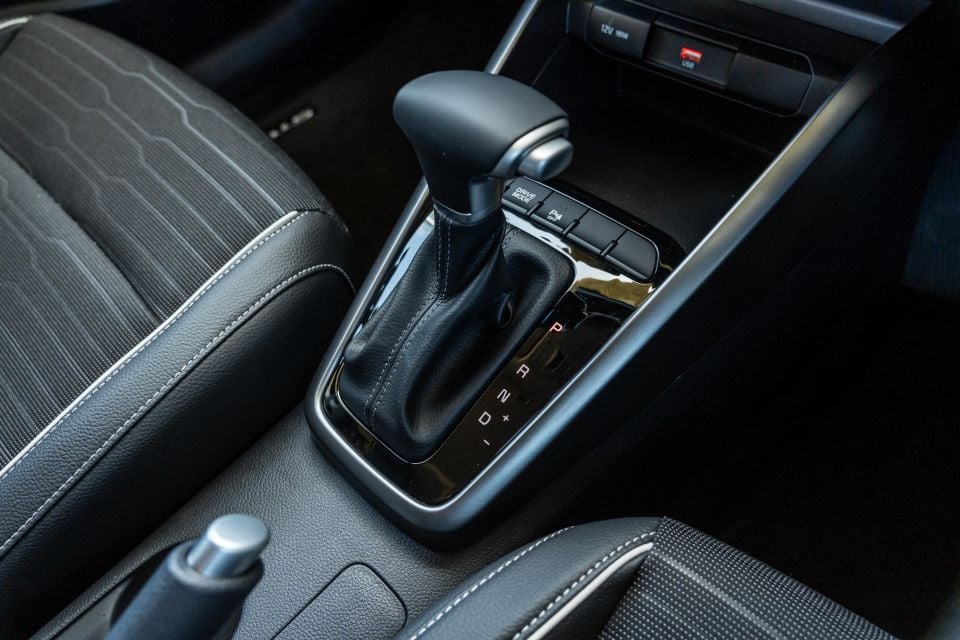
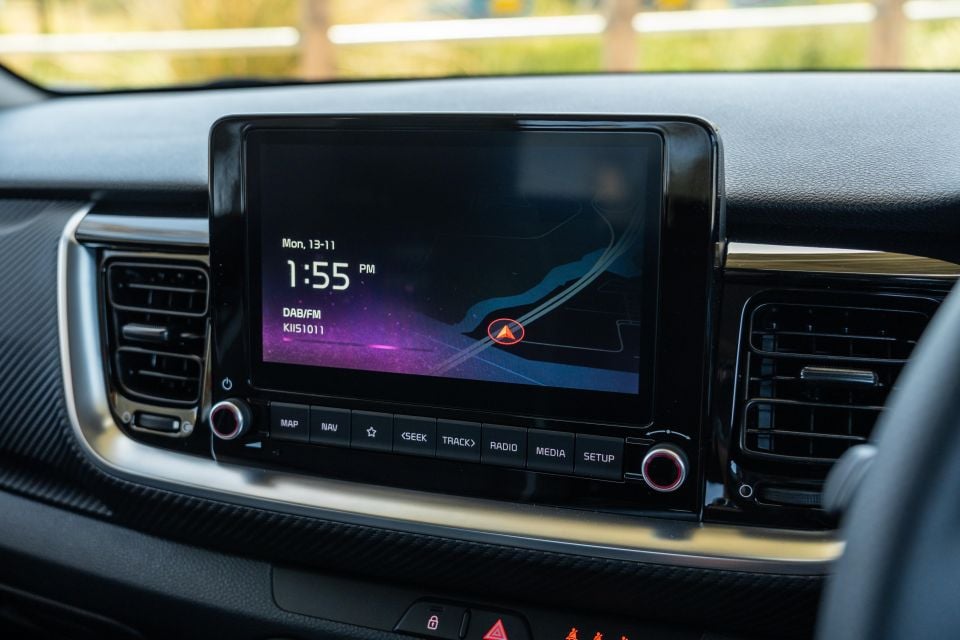
There’s an impression of width and airiness, thanks to the Stonic’s squarer, boxier proportions. You do, however lack soft-touch materials anywhere – in fact, it’s hard plastics just about everywhere other than the front elbow rests.
Ahead of the driver there’s clean analogue dials rather than a digital panel, though the conventional tachometer and speedo gauges flank a 4.2-inch colour supervision display which shows a digital speedometer readout amongst other menus and functions. It does the job just fine.
The Kia’s storage solutions include a deep cubby under the centre stack with an inbuilt shelf, as well as large door bins and a cubby under the front-centre armrest.
Comfort up front is decent if not as good as some rivals, largely down to the seat positioning and range of adjustment that can limit lower back and under thigh support if you’re tall and leggy.
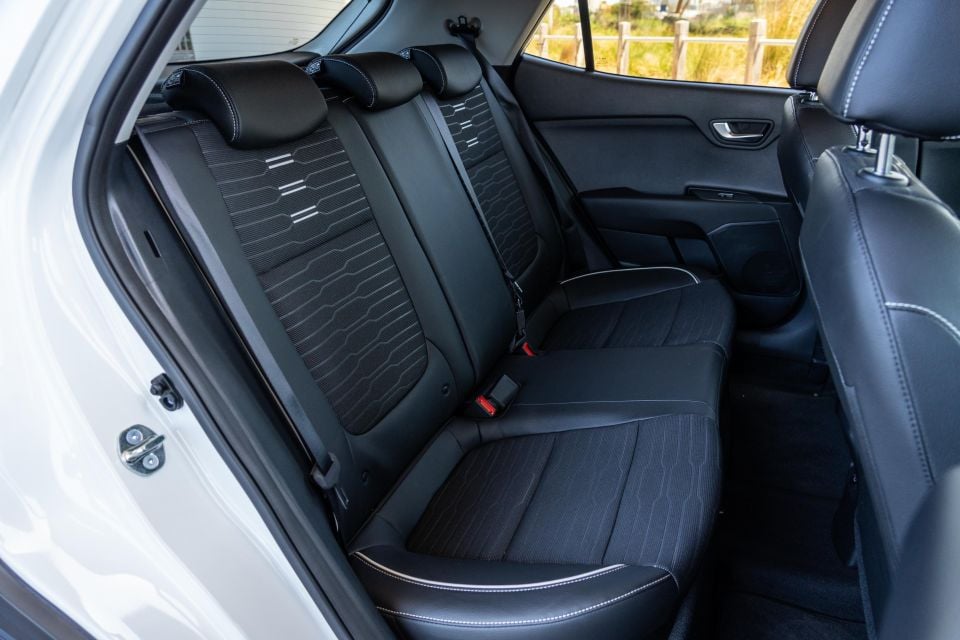
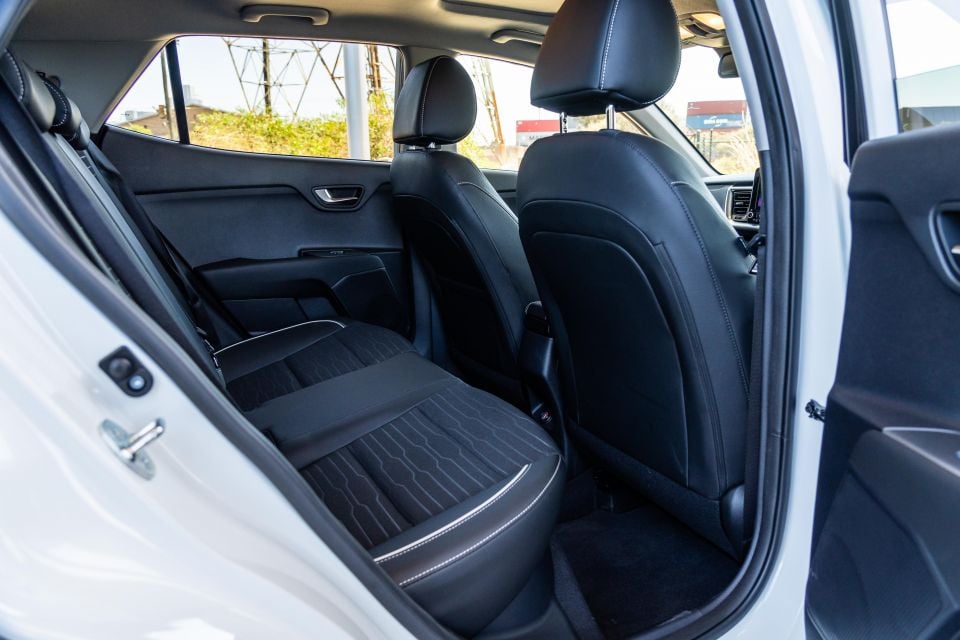
The upholstery featuring leatherette bolsters and cloth inserts are less likely to burn your bum in summer than full leatherette trims in rivals, and feature a funky design pattern to make them less boring. The flat-bottomed GT-Line steering wheel feels very good to hold and arguably is the more attractive tiller, too.
Hop into the second row and the Stonic is pretty accommodating, with average-sized adults able to sit behind average-sized adults.
It’s a proper four seater with the fifth pew in the centre best left for emergencies. Leg and knee room are good, as is headroom.
Like most rivals, there’s no air vents or a fold-down centre armrest, but there is a USB charging point back there and a map pocket behind the front passenger seat. ISOFIX anchors feature on the outboard positions, as is customary, and there’s top-tether points across all three rear seats.
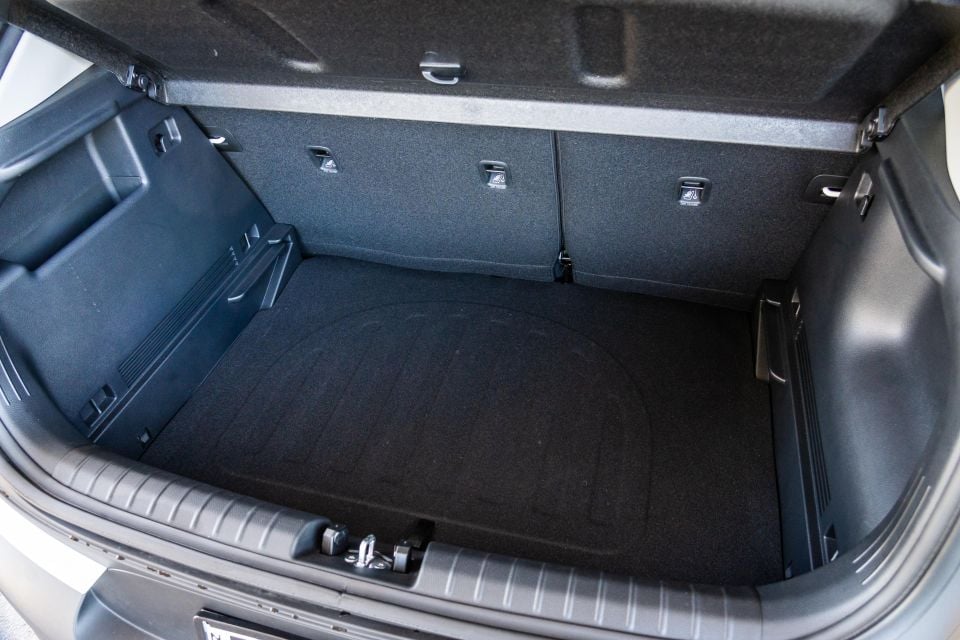
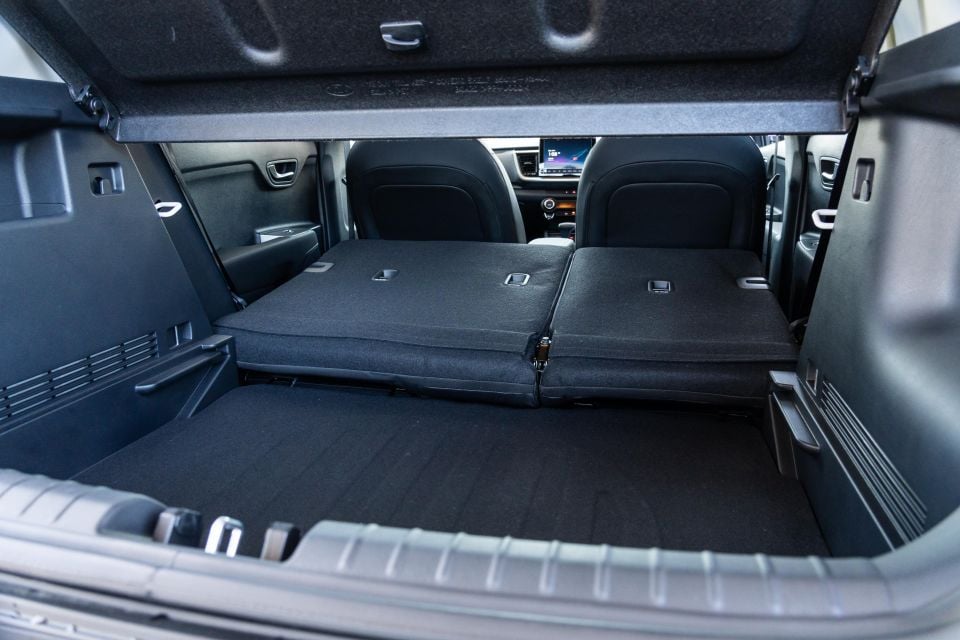
Boot capacity is quoted at 332L with five seats in use, which expands to a more accommodating 1132L with them folded.
There’s no adjustable floor to even the step between the boot floor and seat backs, despite there being cutouts for one – clearly this feature is offered in other markets. There’s a space-saver spare wheel under the boot floor, but not any real extra storage.
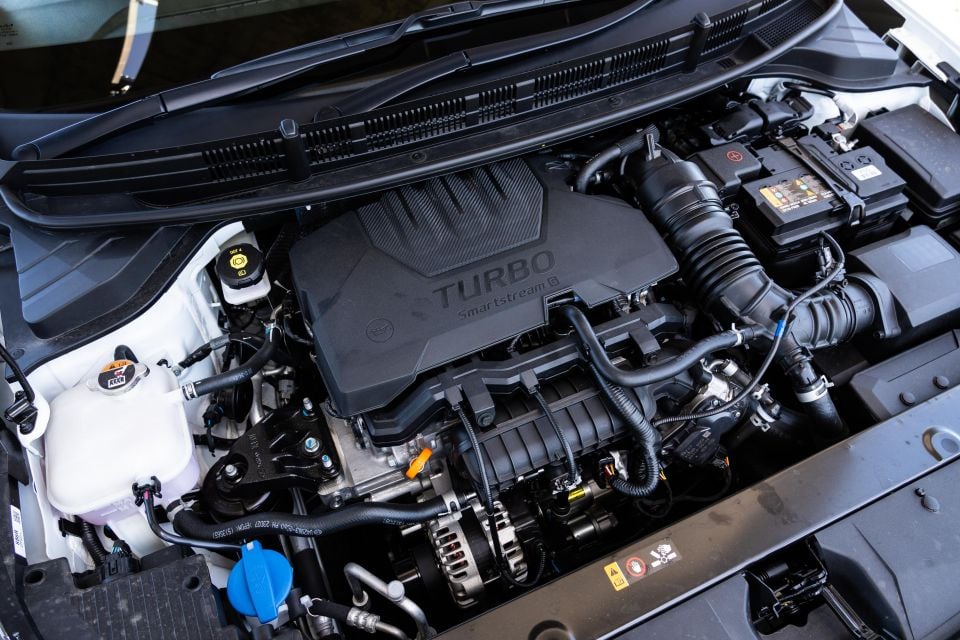
| Model | Kia Stonic 1.0 T-GDI |
|---|---|
| Engine | 1.0-litre 3cyl turbo |
| Power | 74kW (4500-6000rpm) |
| Torque | 172Nm (1500-4000rpm) |
| Transmission | 7-speed DCT |
| Driven wheels | Front-wheel drive |
| Weight | 1227kg (tare) |
| Fuel economy (claim) | 5.4 litres per 100km |
| Fuel economy (observed) | 6.6 litres per 100km |
| Fuel tank size | 45 litres |
| Fuel requirement | 91 RON |
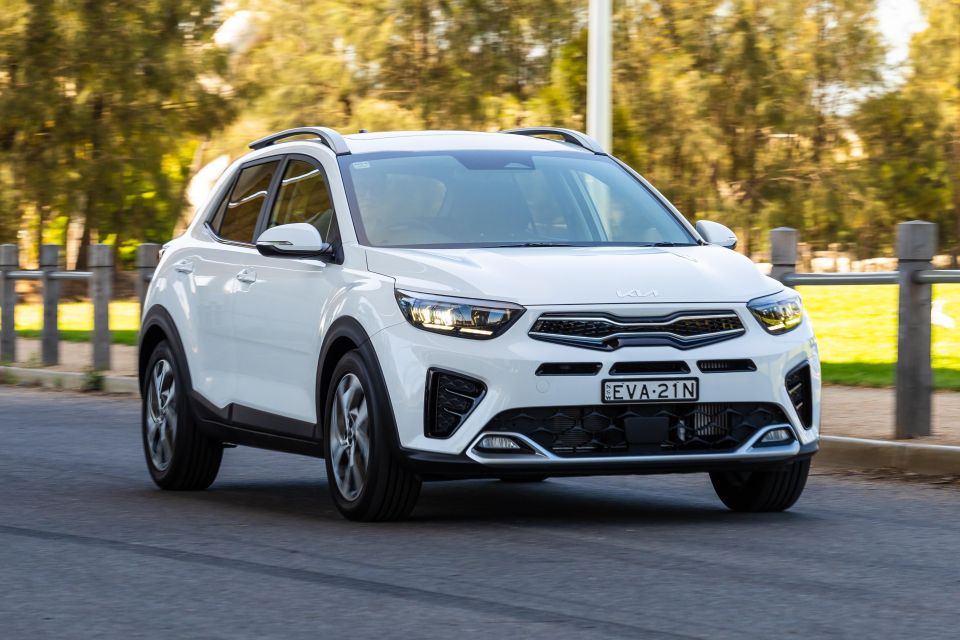
The Stonic GT-Line may be wearing an assortment of sporty styling enhancements, but its feel on the road is much more focused on comfort and efficiency.
From the moment you set off (it defaults to Eco mode), the Stonic’s doughy throttle response, light controls and muted engine note aren’t engaging, but some might prefer the more relaxed vibe. The 1.0-litre turbo has a thrummy note to it, but it’s a bit rattly and harsh if you really boot it.
Further, the seven-speed dual-clutch auto doesn’t feel eager to get going off the line – especially firing up after the idle start/stop system has been engaged – and it hunts for high gears quickly in the pursuit of efficiency.
Kia Australia doesn’t quote a 0-100 time for the turbocharged Stonic, though overseas specifications serve as a guide. The brand’s UK website says this 74kW 1.0 T-GDi with seven-speed DCT accelerates from 0-100 in 11.7 seconds. Not exactly quick.
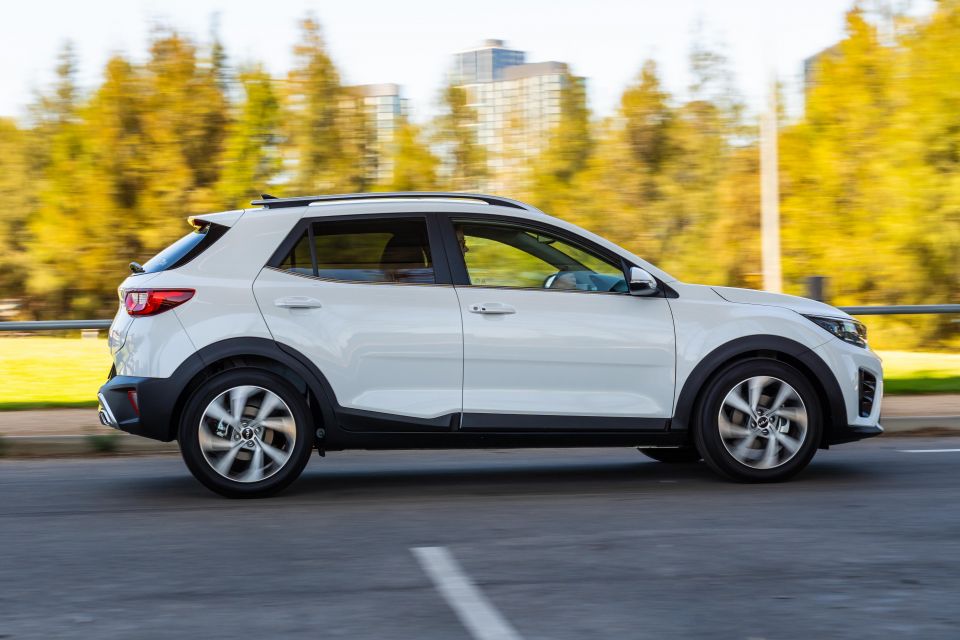
At city speeds, the Stonic’s turbo’d triple offers ample low-down torque to get up to the limit without stress, and 100km/h isn’t a total chore to reach either, just don’t expect to hit it quickly. Once at triple figures, the Stonic settles into its seventh cog at around 2250rpm and happily putts along.
One thing the Stonic benefits from is a local suspension tune, something Kia’s Australian division has prided itself on as a point of different. The GT-Line even gets a different tune to the S and Sport versions of the Stonic, to be a little more in line with its branding.
The Stonic balances ride comfort with dynamic ability quite well, noticeably softer than something like a Ford Puma, while also still having a good level of body control in corners. However, occasionally the torsion beam rear end is a little sharp and boomy over bigger hits as we found out on some of Melbourne’s freeway expansion joints.
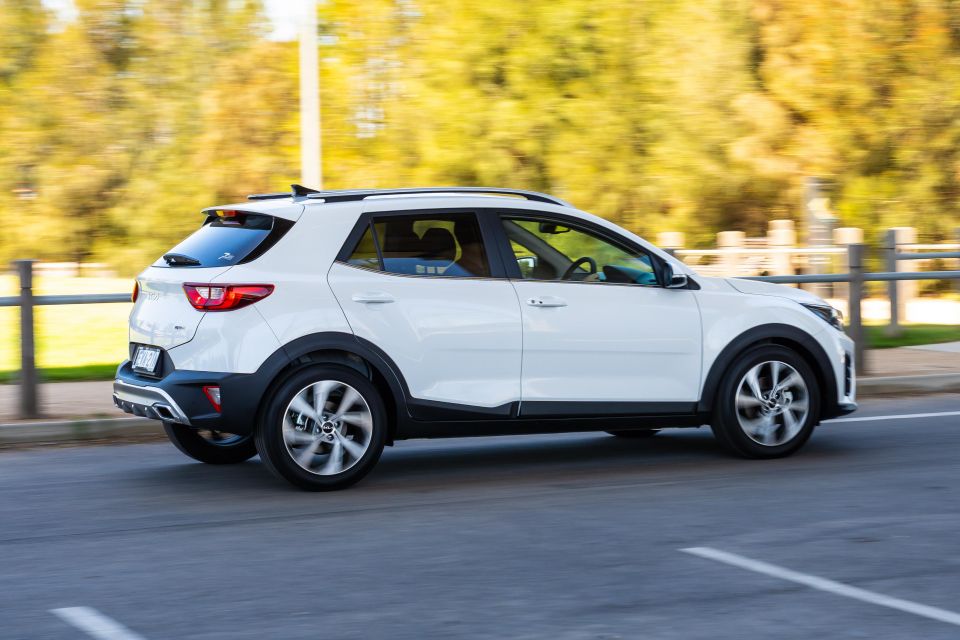
Likewise, the steering is on the lighter side and isn’t as quick as some rivals, but it’s still accurate and progressive making it a fluid thing to steer.
Such is the chassis’s competence you’re left wanting for a more substantial powertrain. It’s worth calling out there was a time the GT-Line featured a more powerful 88kW version of this engine, which had a bit more verve from memory.
However that version of this powertrain is only available with a 48V mild-hybrid system overseas, which would likely add a costly premium – detrimental to the Stonic’s value pitch locally. The extra grunt could go a long way though, as it shaves off a whole second from the UK model’s 0-100 claim.
Speaking of things we miss out on in the Australian model, locally-delivered cars don’t get a range of driver assistance systems offered in the European spec.
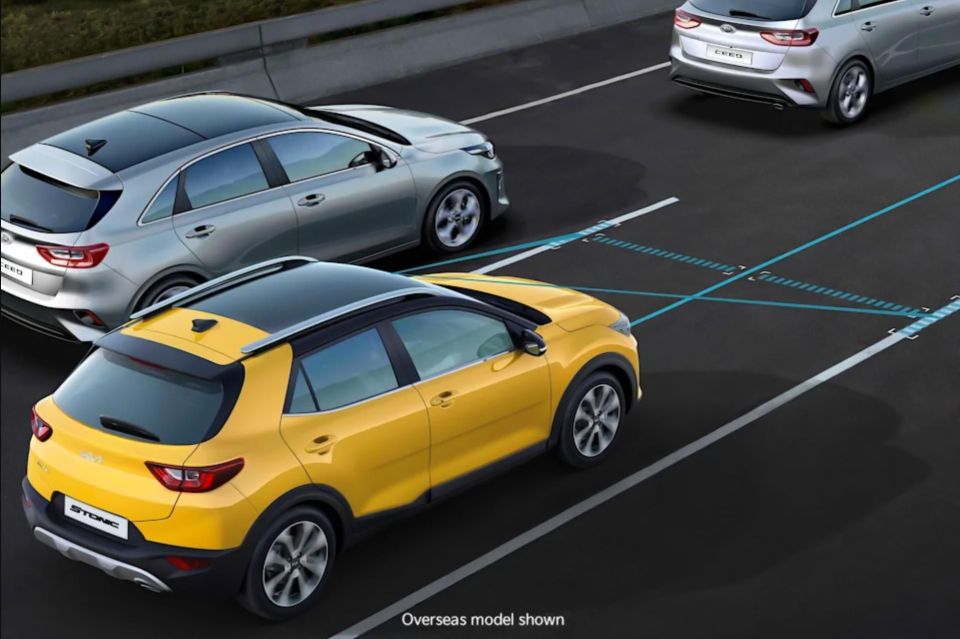
If we were to get the same features as Europe and the UK, the Stonic could match most rivals with adaptive cruise control, blind-spot monitoring and rear cross-traffic alert. Alas, there are no plans to add these items to the local specification.
Competitors such as the Toyota Yaris Cross offer a full gamut of assistance features which essentially facilitate semi-autonomous highway driving. Plus, you can have a similarly-priced Kia Cerato with these features equipped – Kia even added blind-spot and rear cross-traffic assists to the Picanto locally, so what gives?
With that said, the standard AEB with pedestrian and cyclist detection gives an added safety net, while the lane keeping system with Lane Following Assist (centring) offer good functionality. It really should have blind-spot monitoring and rear cross-traffic alert, though.


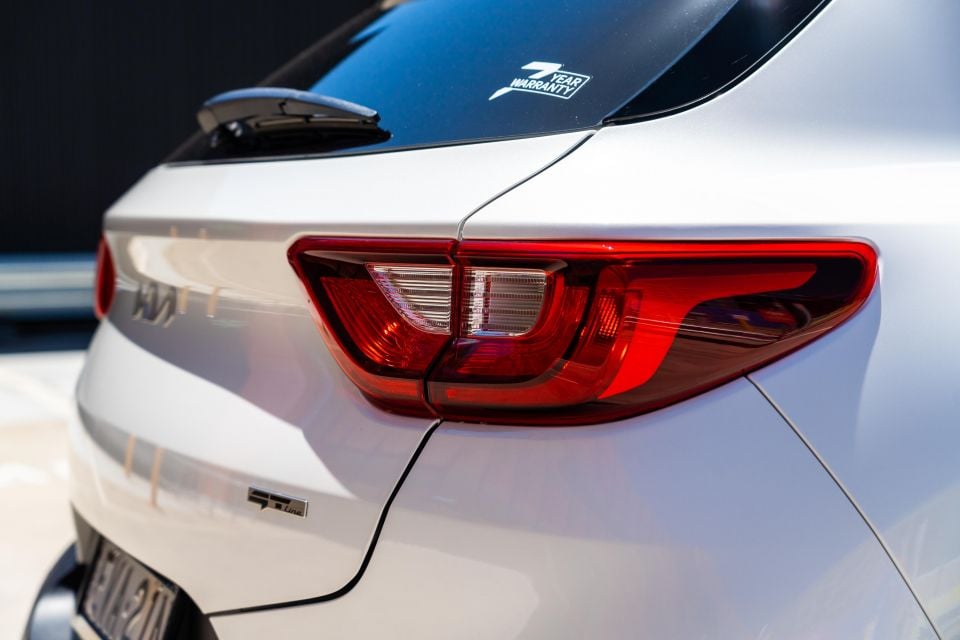

Stonic GT-Line highlights:
The Stonic carries over the Rio hatchback’s five-star ANCAP safety rating based on 2017 tests against the old scoring system.
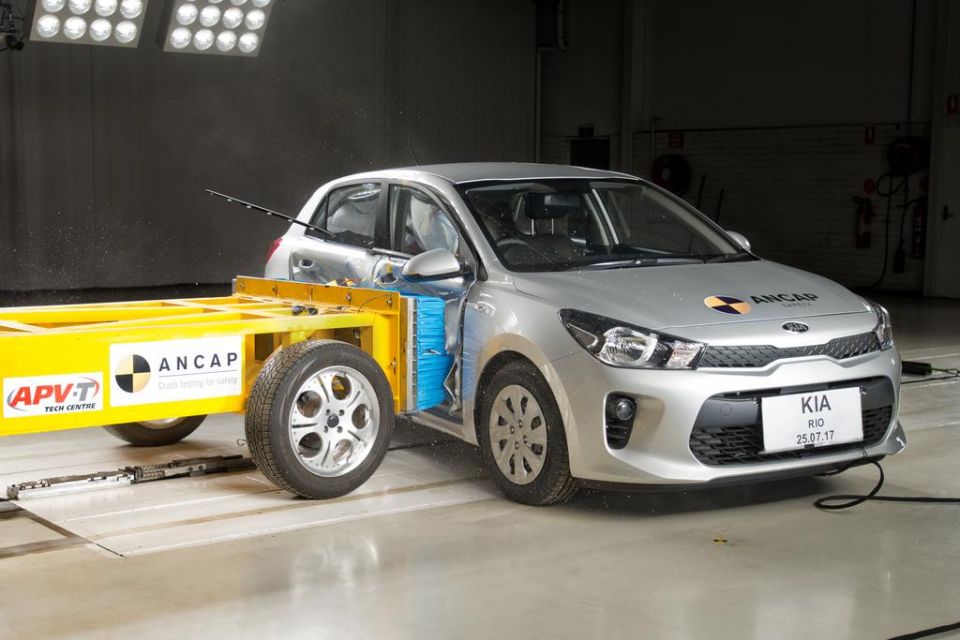
Where expert car reviews meet expert car buying – CarExpert gives you trusted advice, personalised service and real savings on your next new car.
The Rio achieved 35.52 out of 37.00 points, including a frontal offset score of 14.52 out of 16.00 and a perfect side impact rating of 16 out of 16. The Rio and Stonic weren’t required to have active safety features like AEB and lane-keep assist to make a five-star threshold.
Standard safety features include:
Sadly, Australian models don’t offer blind-spot monitoring, rear cross-traffic alert and adaptive cruise control like European models, despite being made in the same factory
Kia’s range is covered by a seven-year, unlimited-kilometre warranty which also includes roadside assistance and capped-price servicing.

Speaking of maintenance, the Stonic GT-Line has slightly shorter intervals than its naturally aspirated brethren, requiring visits to the dealer every 12 months or 10,000km (not 15,000km).
Pricing for the first seven visits is quoted at $289, $490, $344, $725, $325, $608 and $576, equating to a total of $3357 for the first seven years or 70,000 kilometres – which is very expensive.
Buy your new car without the stress. It's fast, simple and completely free.

Great service from Travis and team, second time I have used this business would not hesitate to recommend them to anyone
Craig C.
Purchased a Ford Ranger in Sunshine Coast, QLD
CarExpert helped Craig save $7,224 on his Ford Ranger, now let us save you on your next new car.
Get your BEST priceIn a world of ever-increasing prices, the Kia Stonic has been refreshingly consistent in staying well-priced for the segment and focusing on bang for buck.
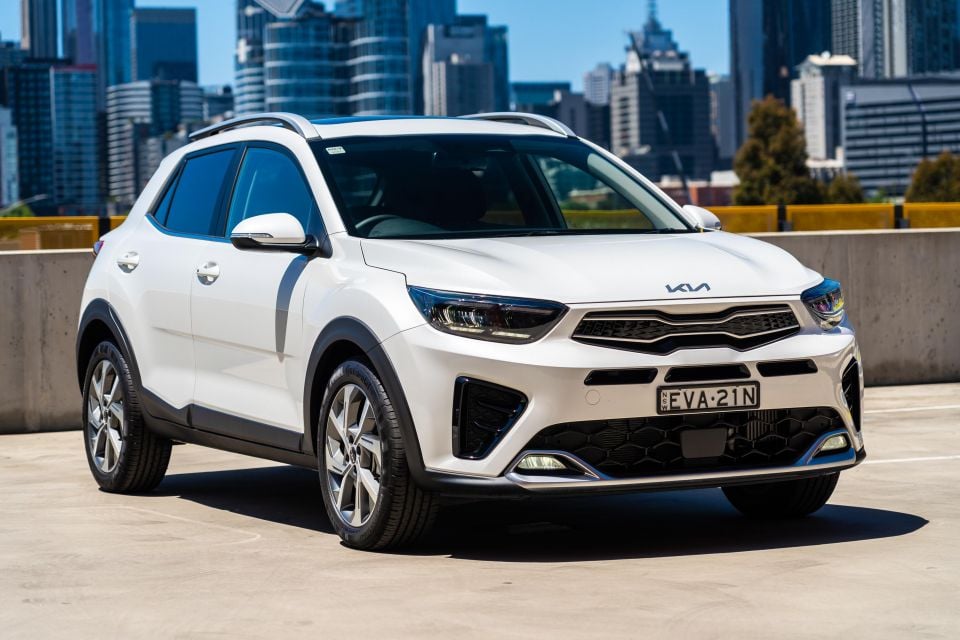
However, the little crossover could be so much better if Kia invested in bringing in the full feature and technology suite offered in overseas market to make the Stonic more competitive in such a hot class.
Extra driver assistance systems are available from the factory, as are more powerful and fuel-efficient drivetrains. It’s a shame Kia Australia hasn’t committed to giving the Stonic a better arsenal against the competition.
But the fundamentals are still strong. In GT-Line spec, the Stonic is fun to drive, offers crossover looks and ride height that so many buyers are looking for right now, has good space inside despite its diminutive size, and of course is covered by Kia’s industry-leading seven-year warranty.
The high service pricing really grates, and is a heavy knock against the Stonic’s long-term ownership credentials – at least for the turbo. If you can live without the extra grunt, the mid-spec Sport offers most of the GT-Line’s features list for thousands less… if you can get your hands on one.
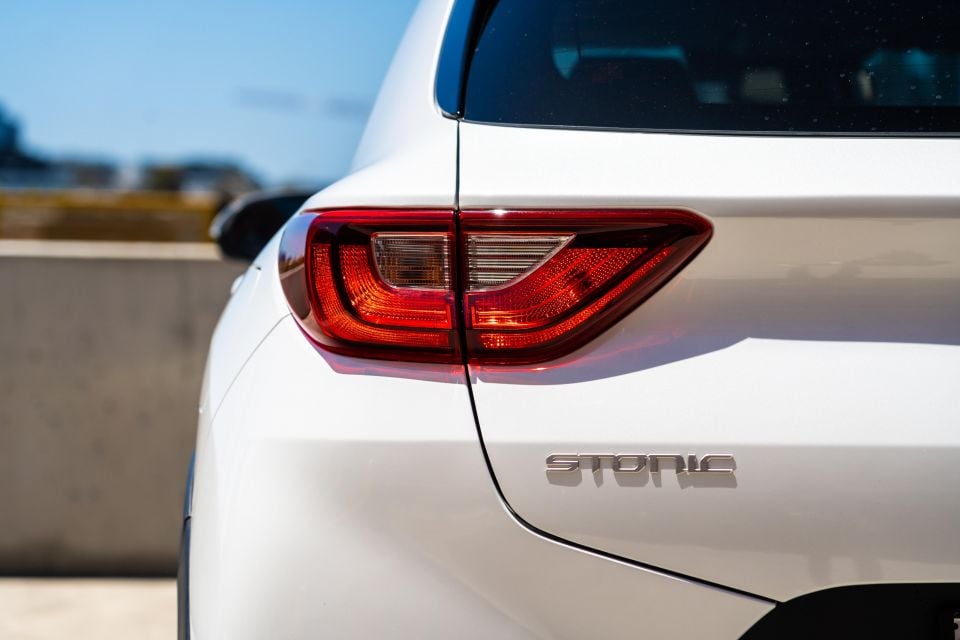
Click the images for the full gallery
BUY: Kia Stonic MORE: Everything Kia Stonic
Where expert car reviews meet expert car buying – CarExpert gives you trusted advice, personalised service and real savings on your next new car.
James Wong is an automotive journalist and former PR consultant, recognised among Australia’s most prolific motoring writers.


Damion Smy
3 Hours Ago
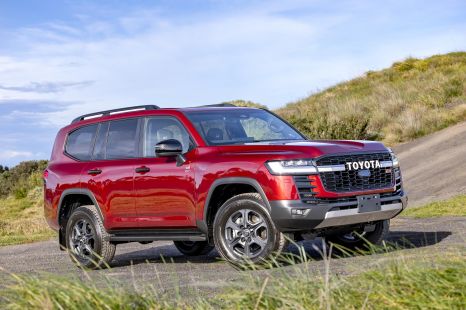

Damion Smy
5 Hours Ago
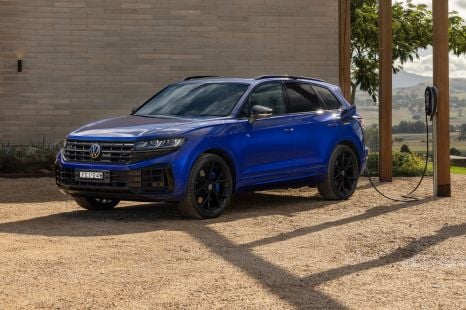

Ben Zachariah
7 Hours Ago
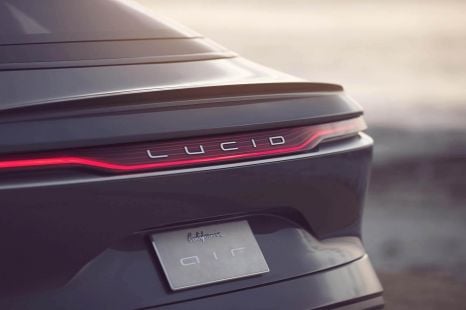

Marton Pettendy
7 Hours Ago
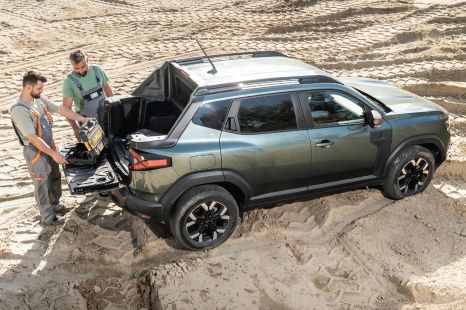

Derek Fung
9 Hours Ago


William Stopford
15 Hours Ago